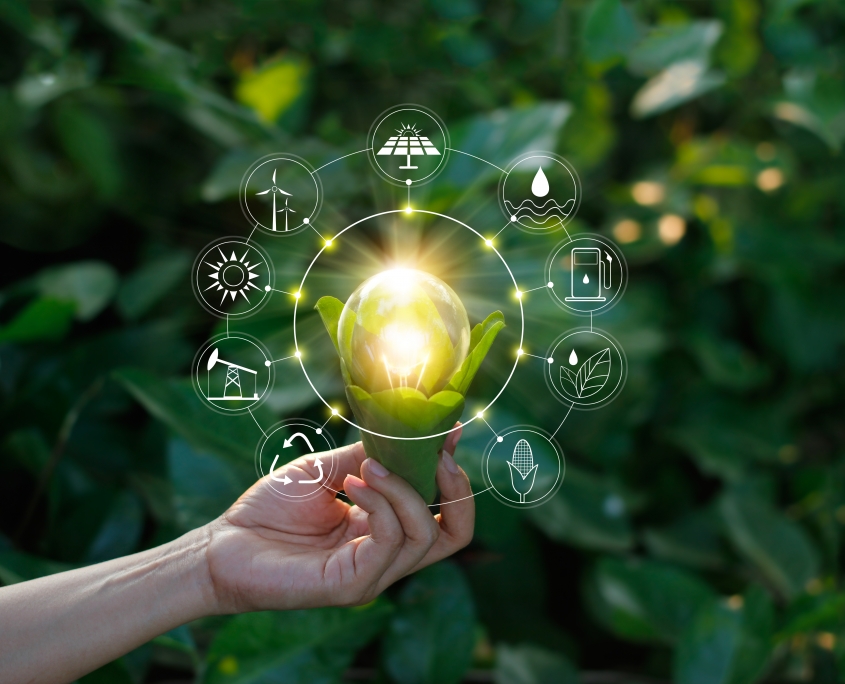The Truth About Solar Panels
(Pros, Cons, & Alternatives)
A renewable source of energy, solar panels have become an excellent option lately, despite the significant investment they represent. As of the end of 2018, 12.3 million American homes have been powered by solar. The idea of going off grid is appealing to many nowadays, but there are also considerable cons of solar panels that should be taken into account. Yes, they use sunlight and heat to recharge, therefore solar panels help preserve the environment and save natural resources, but the manufacturing of panels leaves quite the imprint on the environment as well.
Another advantage of the photovoltaic cells is their low maintenance, so, in time, the benefits of this system will exceed its initial costs. However, no product is perfect and some issues might come along the way, so you should consider the cons of solar panels before switching to off grid electricity.
Pros, Cons, & Alternatives For Solar Panels
1. Delamination & Internal Corrosion
Although there are plenty of solar panels to choose from, not everything that is available on the market is of top quality. It is always better to do an in-depth research on the different levels of longevity, productivity, design and reliability and see what panels are the best fit for your home or office. Solar power technology is a long term investment, and they should be able to function properly and at high standards for years and years. That is why the quality of the cells is of great importance.
A feared enemy of solar panels is moisture, because it is responsible for internal corrosion inside the cells. In order to prevent this phenomenon, the panels ought to be both air and watertight and all their parts must be laminated in void.
2. Electrical Issues May Arise
A solar panel system entails a wide, yet distinctive network of wires that connect all its components together, from the individual photovoltaic cells to home batteries and inverters. Thus, any faulty wiring or loss of connections can lead to serious electrical hazards.
A defective electrical system, resulting from imperfect wiring or the wear caused by oxidation and corrosion, will most definitely alter the performance of the panels. Still, even if you identify loose wiring within the solar panel grid, it is not advisable to handle the situation yourself, unless you are a certified electrician. Actually, there are countries that have established the act of manipulating the solar panel wiring by a person other than a qualified electrician as an offense.
The risk of electrical issues such as wiring errors is one of the most important cons of solar panels. When this happens, it’s critical you call an electrical expert. They are equipped with the right tools to easily identify the source of the issues and if necessary, they are able to disconnect faulty pieces before damaging other elements or the entire network. Licensed and experienced electricians can also set up monitoring, a function that enables you to oversee the system, panel by panel and to quickly spot any malfunction.
3. You’ll Most Likely Still Need The Utility Grid
Another one of the big cons of solar panels is that they are seldom self-sufficient. Obviously, they don’t work at night. As a result, relying solely on solar energy may be challenging and unrealistic. Many companies have started work on storage solutions, such as home batteries, but it may be a while until those are a valid option for all homeowners. Solar power can be used only in real time and any excess it may provide is going back to the traditional electrical grid. Therefore, households that invested in solar panels depend on utility grids at night or whenever sunlight is not available.
Moreover, solar panels can’t be installed on all types of buildings, as they require a lot of roof space and direct sunshine. This is also highly dependent on where you live, as some regions get more sunlight than others throughout the year.
4. The System Can Be Difficult To Maintain
Even low maintenance systems like solar powered electrical networks can sometimes develop issues, some of which are either complicated or costly. Most common problems of solar panels are:
- Micro-cracks – a frequent issue with PV cells, micro-cracks represent small rifts on the surface of the panel that can seriously affect the productivity of the system. Barely noticeable initially, they grow over time, due to considerable climate shifts or module production. They can also be a consequence of neglectful handling while shipping, which is why all shipping and installation procedures need to be managed by professional teams and with extreme care.
- Hot spots – although a usual problem of PV cells, hot spots can break down the solar network all the way to making it completely nonfunctional. They are the result of the overheating and overloading of the solar panels and could be generated by a number of things, such as dirt accumulating on the surface of the panels or poor fused connections. The latter leads to a lower resistance in the power supplying part of the panel, which ultimately reduces the efficiency of the systems and its lifespan.
- PID (Potential Induced Degradation) effect – it is induced by the variation of voltage between the earthing area and the solar panel. The current fluctuation determines a phenomenon called “partial voltage discharge” that alters the panels’ performance, as well as their longevity. Fortunately, an experienced professional could prevent such an event or reverse it if the situation calls for it.
- Birds – in spite of their being endearing, birds are a great risk for solar panels, as they can build nests underneath the panels and thus interfere with the proper function of the system. Bird roofing solutions, such as wires or spikes have proven to be effective against birds gathering on the roofs.
5. Solar Panels Are Expensive
Last, but not least, one of the cons of solar panels is the overall cost of the entire system. An average size network, supplying between 4kW and 8Kw of power, requires an investment of $15,000 and $29,000. The sum covers raw materials – solar panels, inverter, hardware that includes wiring, as well as the installation, permits and maintenance costs, such as repairs, monitoring and overhead costs.
However, the figures mentioned above do not include a home battery storage, which is not mandatory if you are willing to use the local power grid in addition to the solar panels network. Still, if you go for a battery storage system for your household, you need to raise the cost to a total between $33,300 and $47,300 for an average four bedroom house. The battery storage solution could technically provide sufficient energy around the clock, but the usage of the solar panels is nevertheless influenced by the weather conditions.
One more aspect to factor in when estimating the initial cost is the amortization period. For instance, it will take you about 20 years before you start to save money from a solar panel system purchased at $18,000. Lots of people may not afford or agree to such a long payback period.
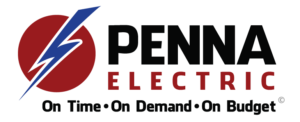

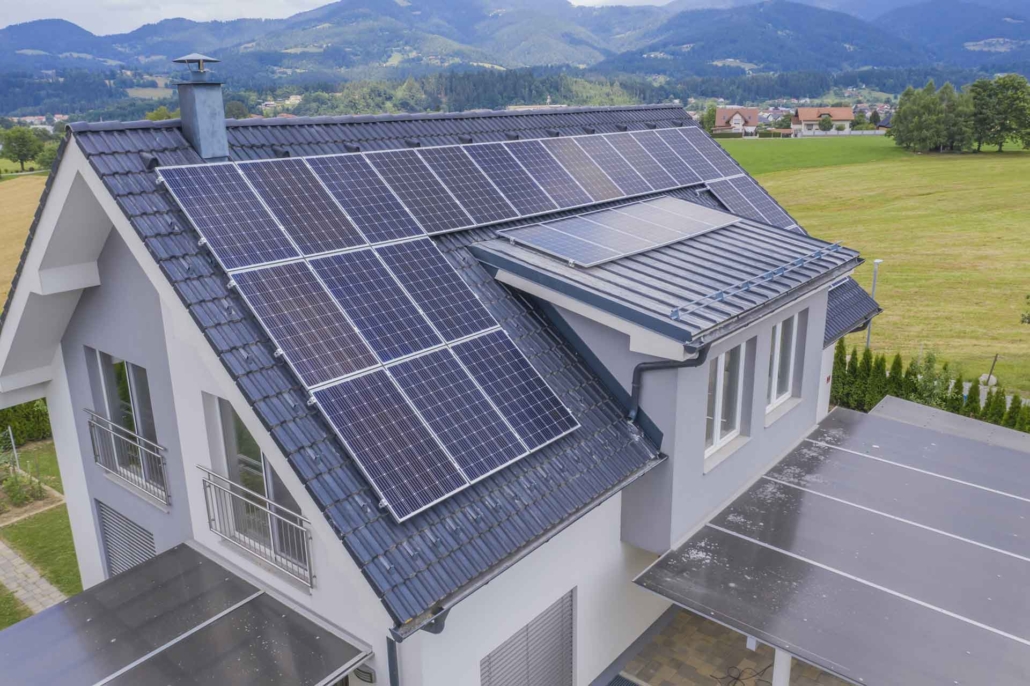
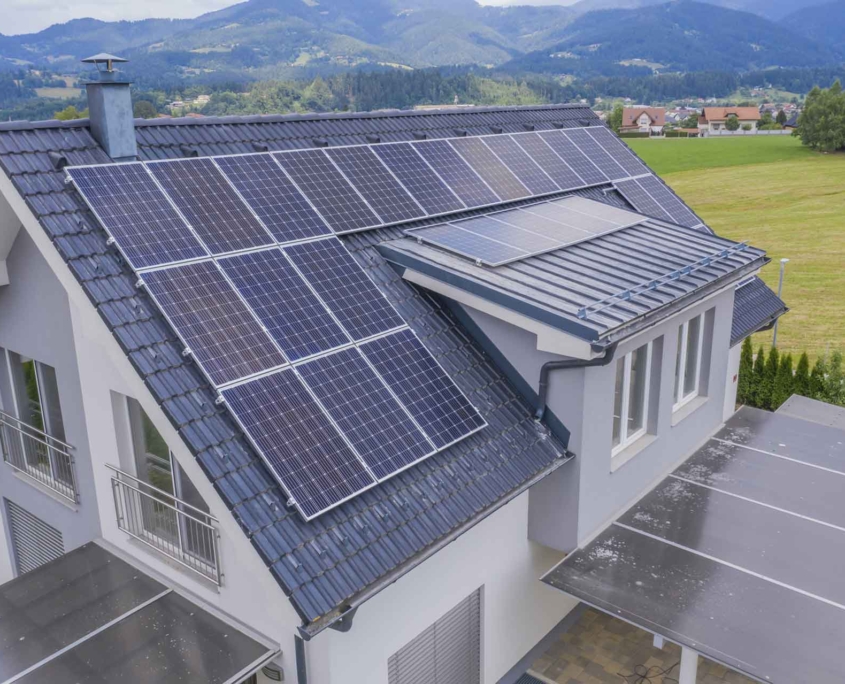 Penna Electric
Penna Electric